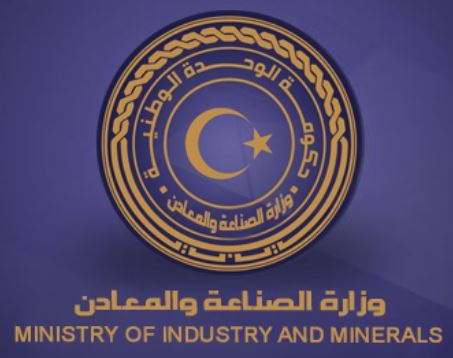Libya and Japan have agreed to form a joint technical committee to prepare an enhanced industrial cooperation work programme.
The announcement followed the meeting today between the Tripoli based Libyan Minister of Industry and Minerals, Ahmed Abuhisa, with the Japanese Ambassador to Libya Shimmura Izuru, at the Ministry’s Tripoli headquarters to discuss ways to enhance bilateral cooperation between the two countries.
Minister Abuhisa praised the historical relations between Libya and Japan, stressing the importance of investing in the distinguished relationship between the two countries and the global reputation enjoyed by Japanese industry and technology.
To use Japanese technology to exploit Libya’s natural resources
He highlighted his Ministry’s aspiration to establish strategic partnerships in the fields of mining, energy and sustainable development with Japan. He also explained that Libya is rich in huge natural resources that can be exploited through the modernisation of geological studies and the employment of Japanese technology in cooperation with Libyan expertise.
Direct investment opportunities
The Minister stressed that the ministry’s institutions, such as the Industrial Research Centre, the National Mining Corporation, the Industrial Technology Pole, the Renewable Energy Centre, and the College of Industrial Technology, are able to provide direct investment opportunities to the Japanese side.
Technical and trade cooperation
Minister Abuhisa pointed out that Japanese technology enjoys a good reputation in the Libyan market, stressing the importance of technical and trade cooperation between the two countries to achieve common interests.
Three main files for potential cooperation
The Minister presented three main files of cooperation, including:
- Training and capacity building by benefiting from the Japan International Cooperation Agency (JICA) programmes
- Developing research centres and enhancing the role of the Technological Industrial Pole/Centre
- Inviting Japanese investors to invest in existing and planned industrial projects in the fields of energy, mining, climate and sustainable development.
For his part, the Ministry reported, the Japanese Ambassador expressed his country’s readiness to cooperate in the technical and research fields, pointing to the possibility of implementing programmes such as Kaizen to develop capabilities and product quality in Libya. Kaizen is the Japanese business philosophy of continuous improvement of working practices, personal efficiency, etc.
The ambassador expressed interest in supporting the localisation of the oil equipment and materials industry in cooperation with Libya. He also stressed that cooperation with Libya extends for decades, citing the previous partnership with the Libyan Iron and Steel Company (LISCO), stressing the need to develop this cooperation to keep pace with the current challenges.









